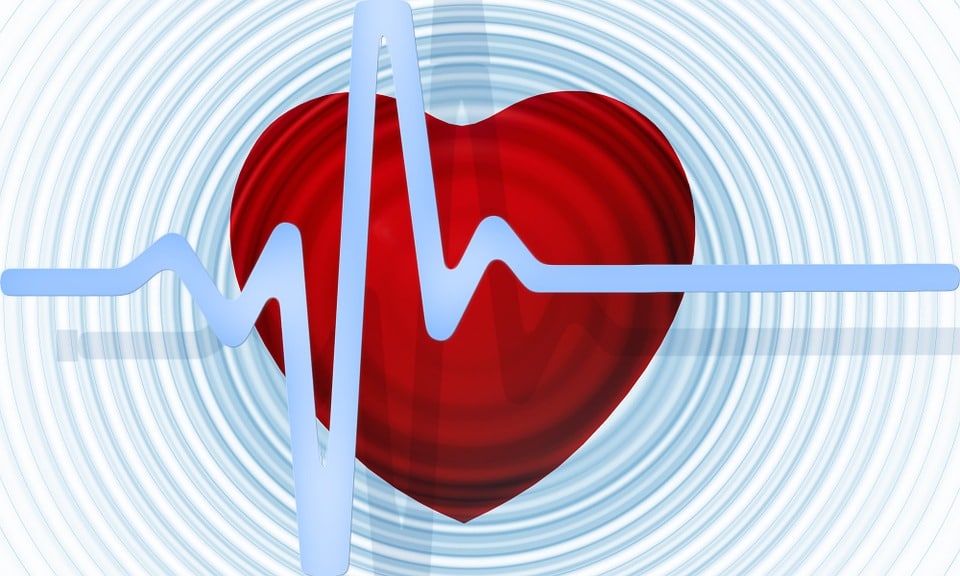
The silent symptoms of Sleep Apnea
For those who have ever been on the receiving end of an elbow in bed, you’ll know that loud snoring can be an area of contention among sleeping partners. It can negatively affect relationships and even cause people to sleep in separate bedrooms. Loud snoring is one of the most obvious symptoms of someone who may be suffering from obstructive sleep apnea, and usually it is a loved one or spouse who alerts an individual of this issue.
However, snoring is just the tip of the iceberg of signs and symptoms that someone may be at risk of obstructive sleep apnea.
Other common symptoms are:
- Pausing or gasping for air during sleep
- Lack of energy
- Headaches
- Restless sleep
- Mood swings and irritability
- Forgetfulness or memory loss
- Daytime fatigue
What causes Obstructive Sleep Apnea?
Obstructive sleep apnea is the result of a collapse of the upper airway during sleep, interrupting airflow and reducing oxygen levels.
How is Obstructive Sleep Apnea treated?
Continuous positive airway pressure (CPAP) therapy continues to be the most recognized and effective treatment for obstructive sleep apnea. CPAP therapy has come a long way from its inception. The machines emit no noise and are small, practically the size of an alarm clock. There is a variety of headwear options based on comfort and treatment needs.
The other benefits to CPAP therapy besides better sleep
Effective therapy not only improves sleep and addresses the symptoms of sleep apnea outlined above, but it also can have positive effects on other areas of an individuals’ health.
- New research has found that the CPAP therapy can improve depression symptoms in patients suffering from cardiovascular diseases. (1)
- Treating sleep apnea can reduce the risk of heart disease. Sleep apnea is linked to a variety of heart problems because breathing stops many times each night. These pauses in breathing cause changes in blood pressure and can reduce blood oxygen levels. This puts an enormous strain on the heart.
- A new study from the Sleep, Metabolism and Health Center at the University of Chicago suggests that continuous positive airway pressure (CPAP) therapy reduces glucose levels and improves morning glycemic control in type 2 diabetics who have obstructive sleep apnea (OSA). (3)
- Stroke recovery can also be aided with those using CPAP therapy for obstructive sleep apnea. The researchers reported that 59 percent of patients who received CPAP therapy showed marked improvement in their recovery, in terms of improvements in neurological symptoms. This compared with 38 percent of those who didn’t use CPAP therapy.
- For obese patients with obstructive sleep apnea, using a CPAP machine to treat their sleep disorder may be a way to lose weight as well as treat their symptoms. The study, which was presented at the Endocrine Society 2019 Annual Scientific Sessions in New Orleans, LA, found that OSA patients undergoing CPAP treatment lost an average of 5.7 pounds more in 16 weeks than OSA patients who did not receive CPAP therapy.
If you think you are at risk of obstructive sleep apnea, take our STOP BANG questionnaire here. Aveiro Sleep provides Home Sleep Apnea Testing, CPAP therapy and support services catered to obstructive sleep apnea. Our local clinics allow us to test, treat, and support thousands of Albertans close to their homes.
Call now to speak to a Patient Success Coordinator 1-855-852-2989 or contact us through our online form.
References:
(1) Shrourou, Alina. (2019, July 1). CPAP treatment for sleep apnea can improve depression symptoms. News Medical Life Sciences. https://www.news-medical.net/news/20190701/CPAP-treatment-for-sleep-apnea-can-improve-depression-symptoms.aspx
(2) No author listed. (2015, August 10). CPA Benefits. Sleep Education Org/American Academy of Sleep Medicine. http://sleepeducation.org/essentials-in-sleep/cpap/benefits
(3) Celmer, Jamie. (2013, June 3). CPAP improves glycemic control in type 2 diabetics with sleep apnea. American Academy of Sleep Medicine. https://aasm.org/cpap-improves-glycemic-control-in-type-2-diabetics-with-sleep-apnea/
(4) Dallas, Mary Elizabeth. (2019, Sept 20). Easing sleep apnea may be key to stroke recovery. HealthDay Reporter. https://www.webmd.com/sleep-disorders/sleep-apnea/news/20180920/easing-sleep-apnea-may-be-key-to-stroke-recovery#1
(5) Campbell, Patrick. (2019, March 25). CPAP may aid in patient weight loss. MD Magazine. https://www.mdmag.com/conference-coverage/endo-2019/cpap-may-aid-in-patient-weight-loss
